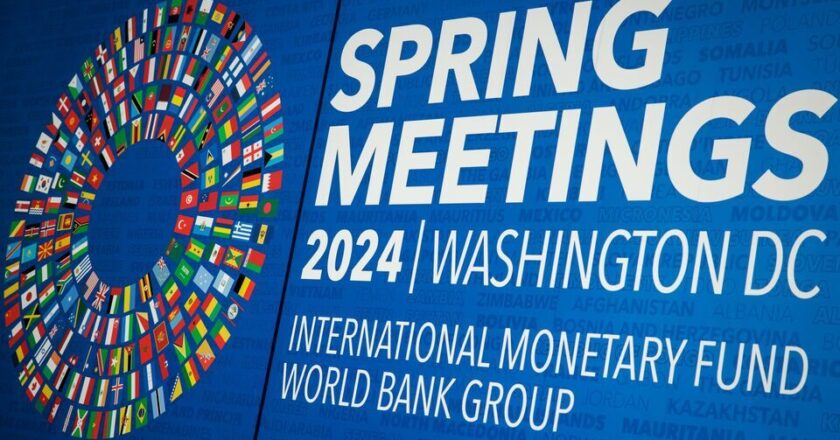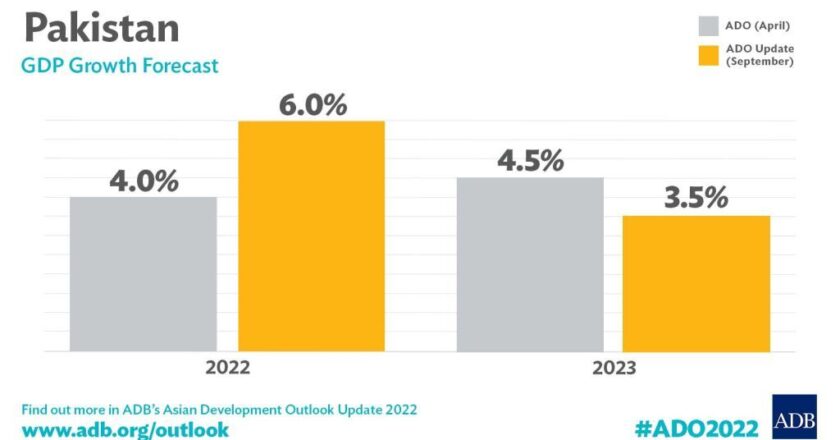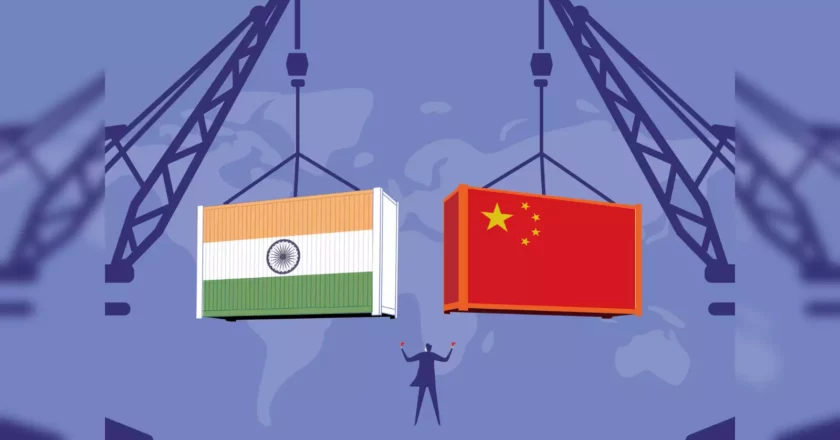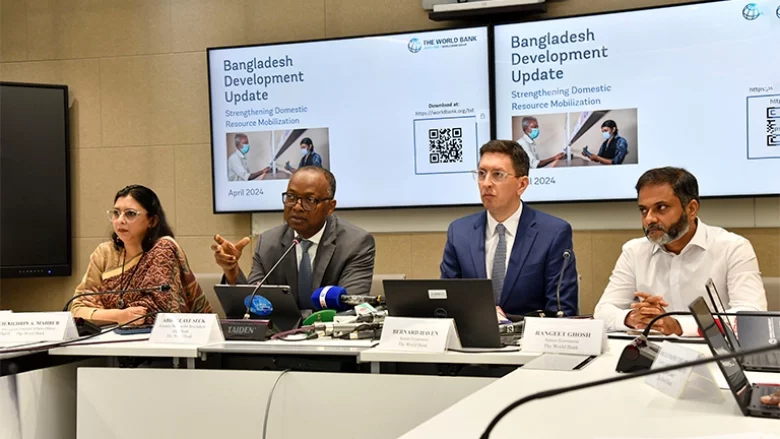Navigating the rough waters of Pakistan’s debt issue
In the intricate fabric of Pakistan’s economic landscape, a daunting debt crisis casts a long shadow, threatening the nation’s quest for stability and prosperity. Recent revelations from key economic institutions, notably the State Bank of Pakistan, lay bare a disconcerting reality: Pakistan’s external debt has surged to a staggering $125.7 billion, placing immense strain on its fiscal health.
Central to Pakistan’s economic challenges lies its complex relationship with China and the China-Pakistan Economic Corridor (CPEC). Launched in 2013, CPEC stands as a monumental endeavor aimed at fortifying infrastructure and fostering economic growth.
With over $60 billion invested primarily by China, it emerges as one of Pakistan’s largest infrastructure projects. However, the financing stru...








